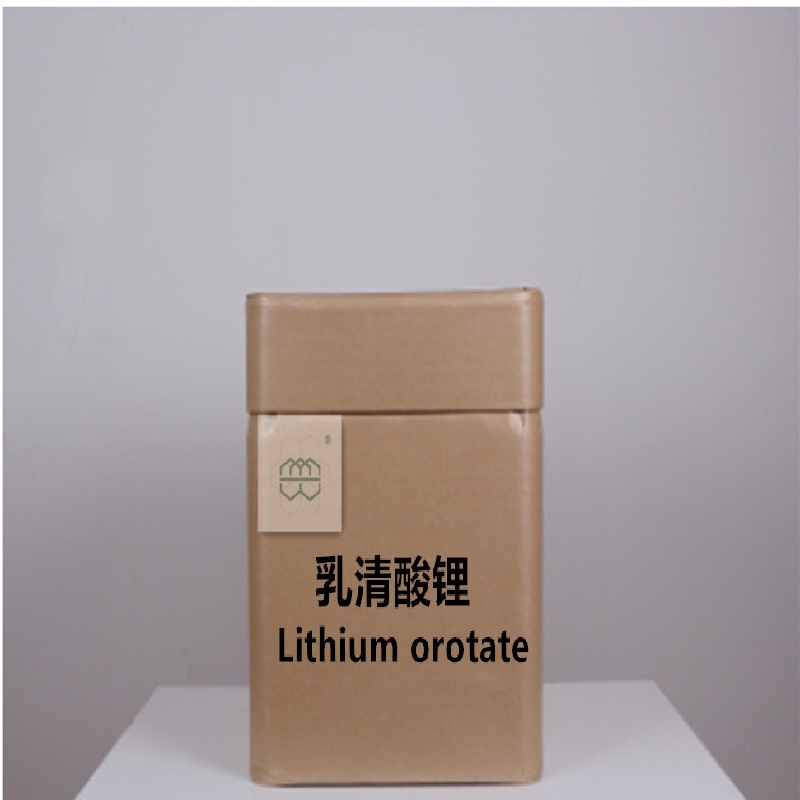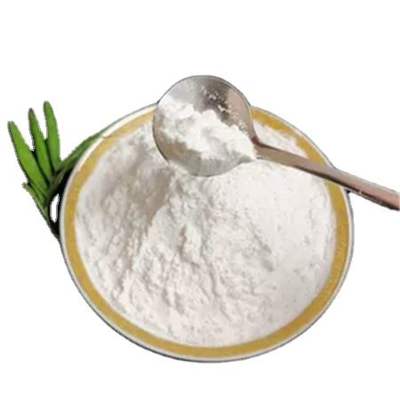-
Categories
-
Pharmaceutical Intermediates
-
Active Pharmaceutical Ingredients
-
Food Additives
- Industrial Coatings
- Agrochemicals
- Dyes and Pigments
- Surfactant
- Flavors and Fragrances
- Chemical Reagents
- Catalyst and Auxiliary
- Natural Products
- Inorganic Chemistry
-
Organic Chemistry
-
Biochemical Engineering
- Analytical Chemistry
-
Cosmetic Ingredient
- Water Treatment Chemical
-
Pharmaceutical Intermediates
Promotion
ECHEMI Mall
Wholesale
Weekly Price
Exhibition
News
-
Trade Service
Original title: Avoid getting caught up in the three nutritional myths
nutritional balance is the cornerstone of health. In the information age, consumers can obtain nutritional knowledge from a variety of ways, but there is a wide variety of information, some are often commercial propaganda or rumors, easy to make the lack of nutritional basic knowledge of ordinary consumers at a difficult time, easy to fall into nutrition misunderstanding. China Center for Disease Control and Prevention Nutrition and Health Institute recently published the three major nutritional myths prevalent in contemporary families, and called on people to have a more comprehensive study and understanding of nutrition, master the basics of scientific nutrition, to avoid being misled by advertising and gossip into the health misunderstanding.nutritional myth: do not eat fat, only oil
people eat food fat from two sources including animal fat and plant fat. Animal fat contains fatty acids are mostly saturated fatty acids, and contain cholesterol, too much intake is easy to cause blood lipids to increase, causing obesity in middle-aged and elderly sub-health status. Many people are too worried about the adverse effects of animal fat on health, so animal fat far away, even a little fat is afraid to eat, the body needs fat only from vegetable oil intake, this situation is also quite common in our country.
experts pointed out that proper intake of animal fat, can improve the taste of the meal, so that the meal to increase attractive aroma, thereby enhancing people's appetite, to maintain health. Therefore, it is not necessary to completely exclude the intake of animal fat, whether young people, the elderly or women, children, proper intake of some animal fat or fat is beneficial to the body.
in contrast to "fat", cooking more oil has become a common habit, people common understanding is: oil more delicious, fried things than fried incense, fried than stewed incense. But nutrition experts recommend a reasonable diet: No more than 30 grams of cooking oil per day. According to the China Residents Nutrition and Health Monitoring Report (2010-2013), the average Chinese resident eats more than 40 grams of oil per day. 1 g of grease can provide 9 kca of energy, compared to protein, carbohydrates per g of 4 kca, the oil is higher in calories, so to control the amount of cooking oil.Nutrition Myth 2: Breakfast fit, dinner make-up
For office workers, the morning time is very tight, often grass to eat something, or even do not eat breakfast, go to work. And in the evening, there is more abundant time to cook, family members gather together, the food is often very rich, to make up for the lack of breakfast. It should be said that this is also the diet of many Chinese families.
but nutrition experts caution that this diet is unreasonable. From the point of view of human physiological needs, breakfast should be a quality meal, because human activities, especially mental activities need energy and various nutrients. A person from dinner to breakfast the next day, the interval of more than ten hours, the morning is the most active period of the day, must consume a lot of energy. If you do not eat breakfast, blood sugar can not be replenished in a timely manner, will seriously affect the normal function of brain tissue activities, so that people often show depression, inattence, slow thinking and so on. Especially for adolescents, it can also affect the weight and shape of their brain development, causing damage to the brain.
health should start with a good breakfast every day. Experts point out that most people's breakfast is not up to standard, and survey data show that 8.6% of residents are not guaranteed to eat breakfast every day. Ding Gangqiang, director of the Centers for Disease Control and Prevention's Center for Nutrition and Health, points out that not eating breakfast increases the risk of chronic diseases. A nutritious breakfast should have 5 conditions: starchy foods, high-quality protein foods, fruits and vegetables rich in dietary fiber, vitamin C, and nuts.
Nutritious Myth 3: Don't eat eggs, stay away from cholesterol
In recent years, the incidence of cardiovascular disease in China is on the rise, cardiovascular disease accounted for more than 40% of all deaths, is the first cause of death. Often hear people say: "Eggs contain high cholesterol, don't eat eggs."
experts believe it is necessary to verse the eggs. Eggs are animal foods with high nutritional value and are cheap. Its protein content is 12%, amino acid types and their proportions are appropriate, amino acid composition and human needs are the closest, belong to high-quality protein. The protein content of egg yolks is higher than that of egg whites. Fat content of 10%-15%, mainly concentrated in egg yolks, is a good food source of phospholipids, of which phospholipids are mainly lecithin and cerebral phospholipids, very good for the brain. Vitamins are available in a wide range of vitamins and contain trace amounts of vitamin C, which are also concentrated in egg yolks. Minerals mainly contain calcium, phosphorus, iron and zinc selenium, rich in content, but also mainly concentrated in egg yolks.
nutrition experts point out that cholesterol is also a nutrient the body needs, in the body as a raw material for the synthesis of vitamin D, sex hormones and bile, at the same time, there is more cholesterol in nerve tissue. Therefore, it is wrong not to eat cholesterol, especially children and adolescents, eating a balanced diet in order to improve health and reduce disease.
Dietary Nutrient Reference Intake for Chinese Residents (2013 edition) has lifted the limit on dietary cholesterol. An egg contains about 280-300 milligrams of cholesterol, mainly in egg yolks. The daily cholesterol intake of middle-aged and elderly people without high blood lipids and cardiovascular disease is controlled to less than 300 mg and does not pose a health hazard.
.







